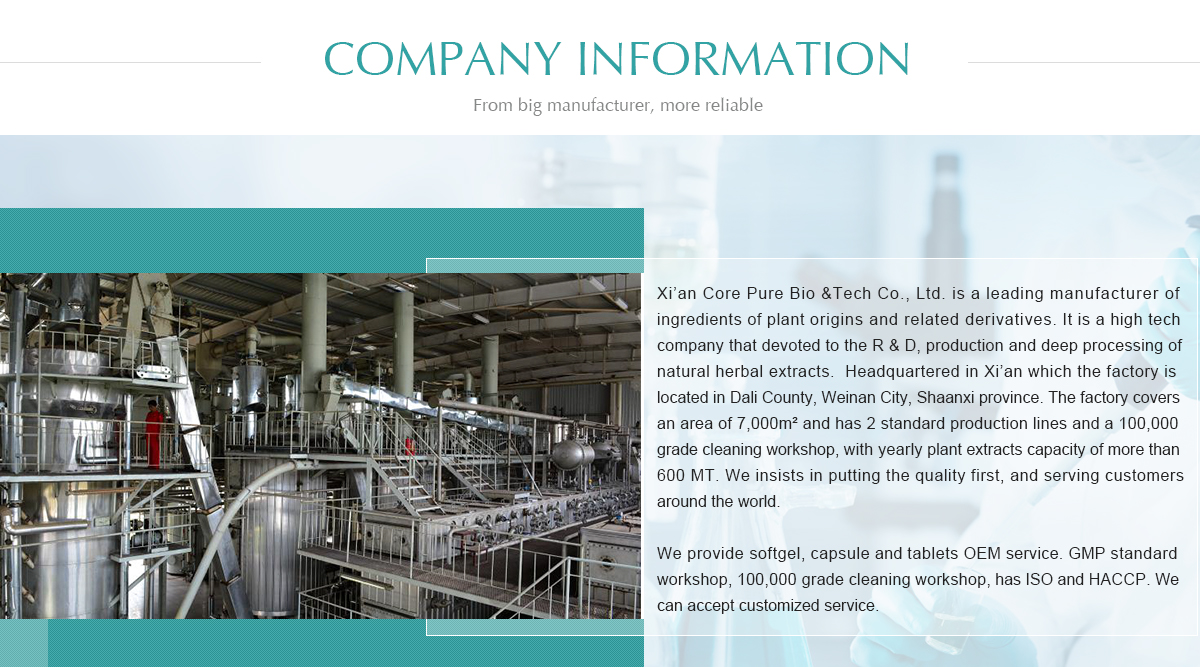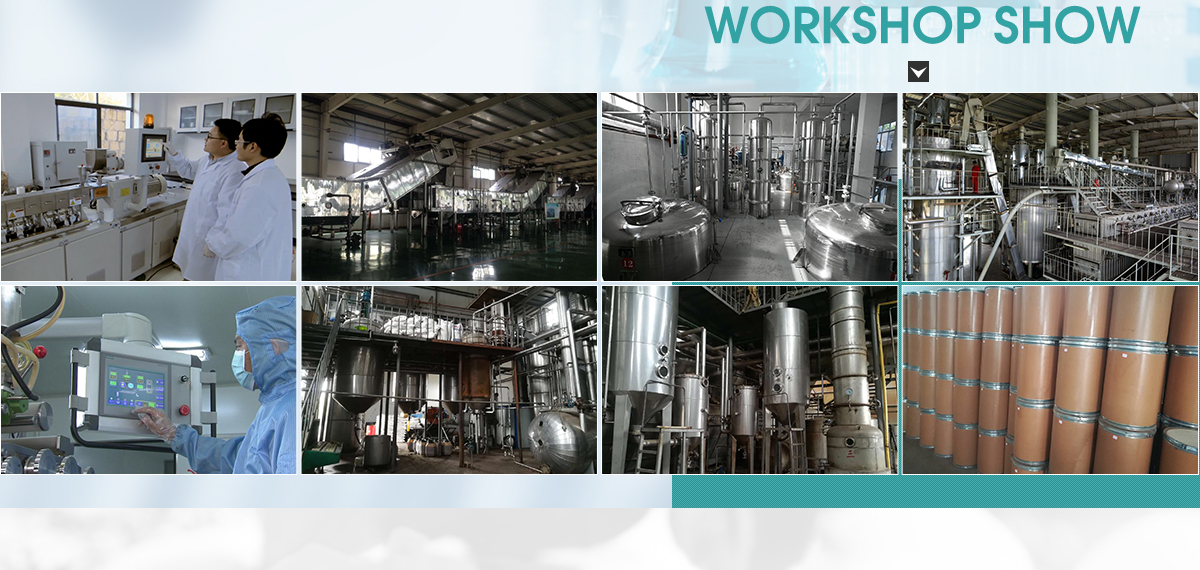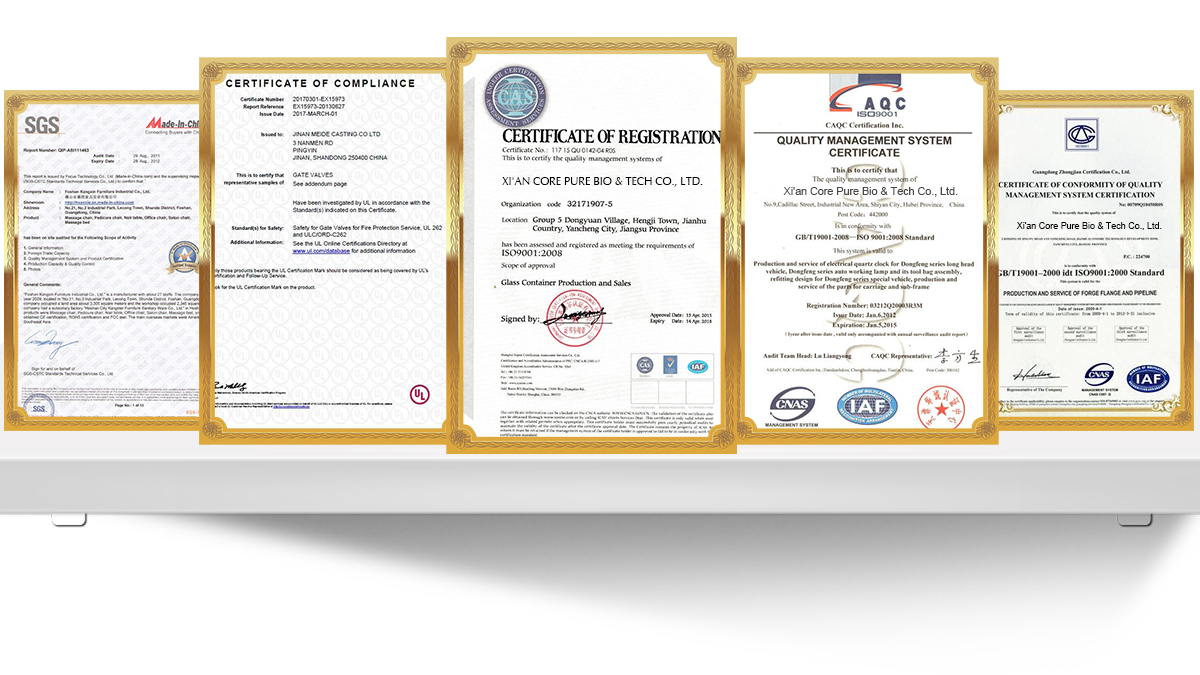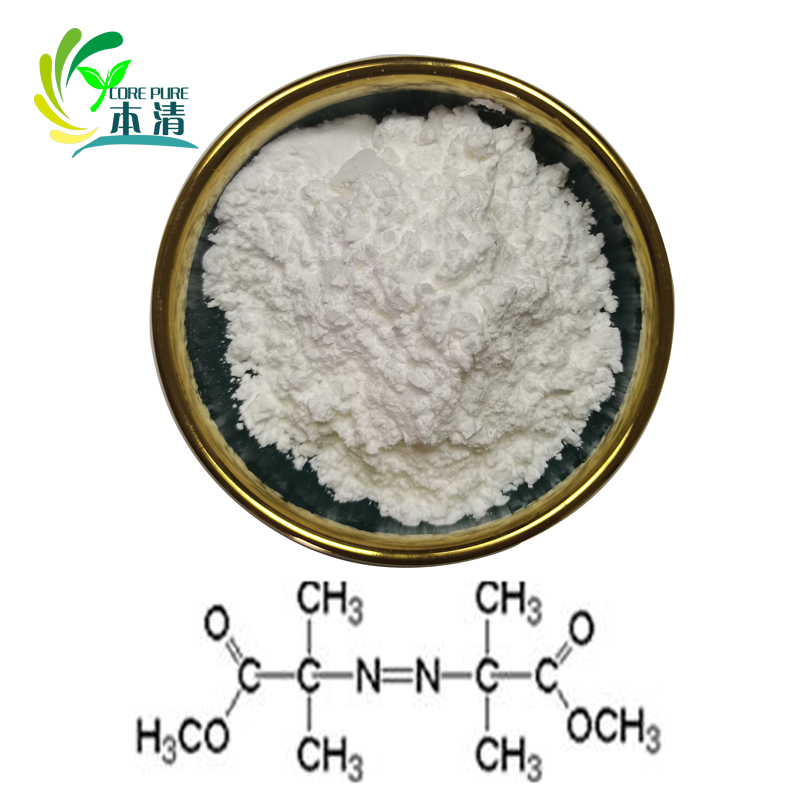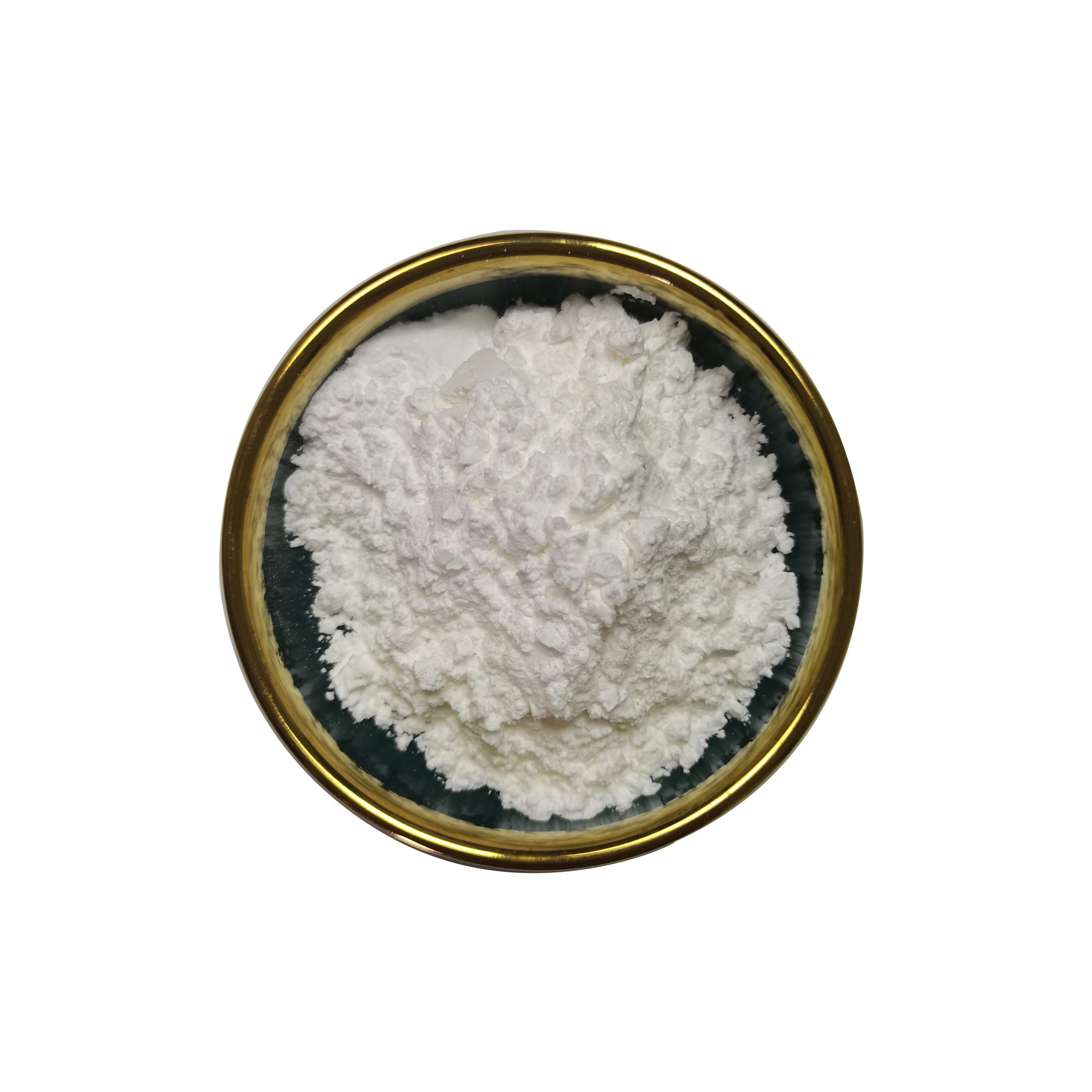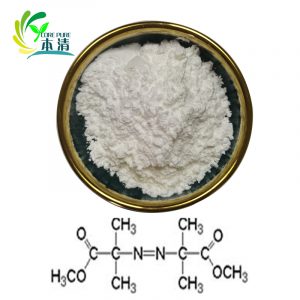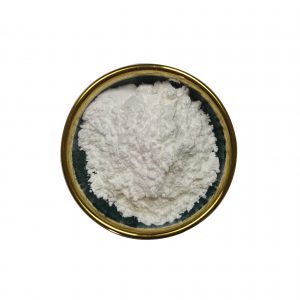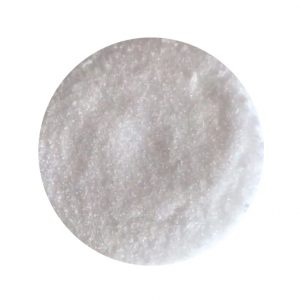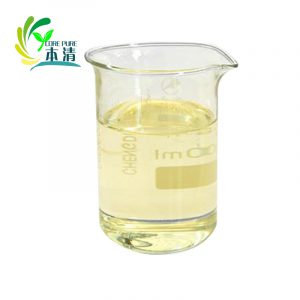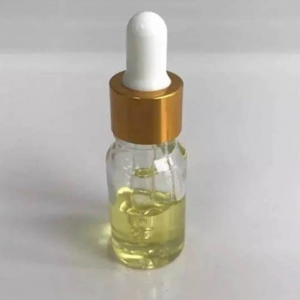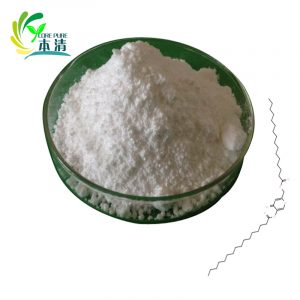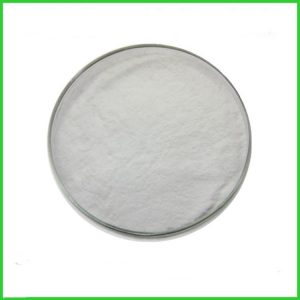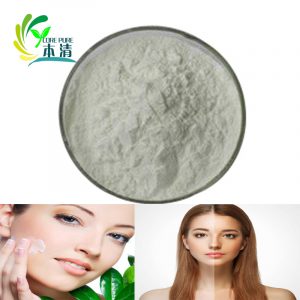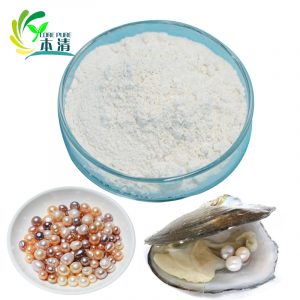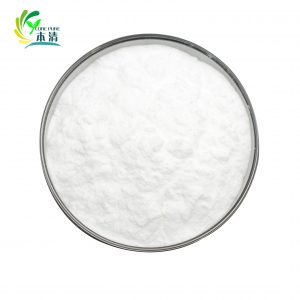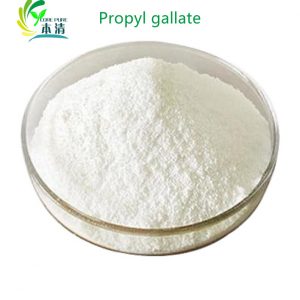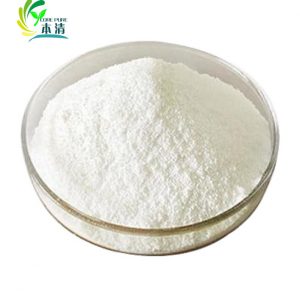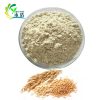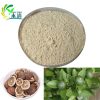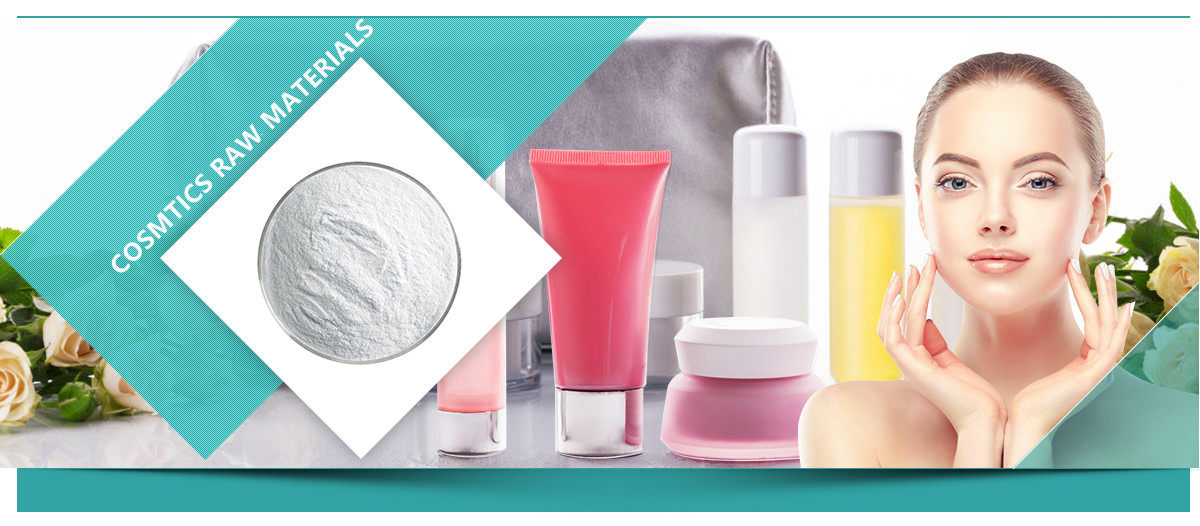
![]()
Product Name: Allantoin
Assay: 99.0% ~101.0%
Appearance: White crystalline powder
pH: 4.5-6.0
Melting Range: ≥225.0 ℃
Chloruracil: ≤0.05%
Test method: HPLC
Conclusion: enterprise standard
![]()
Allantoin is a moisturizing, healing, anti-irritating, soothing, keratolytic and non-toxic chemical compound useful in cosmetic,dermatological and veterinary preparation. It is an effective cell-proliferating and healing agent that stimulates good tissue formation. It has an attested skin softening and keratolytic action, and also performs as a chemical cleaner of scaling and necrotic tissue.
Allantoin is often used in skin care products like creams and lotions. It can also be found in different personal hygiene products like antiperspirants or deodorants. Allantoin is a natural chemical compound that is often produced by animals and plants. This compound can be naturally derived as well as chemically synthesized. Allantoin is commonly found in plants like comfrey, chamomile, sugar beet and wheat sprouts. Whether it is naturally or chemically derived, Allantoin is safe, non-allergenic and non-toxic.
Allantoin is also a known keratoyltic, which means that it is able to increase the water held inside of your skin’s cells while also helping the desquamation process in the skin’s outer layers. In this sense, allantoin calms down irritations, helps shed the upper layers of dead skin cells and promotes the growth of healthy tissue. Plus, it offers countless other benefits that may make it effective at treating eczema, psoriasis, burns and other skin conditions. It is particularly effective at smoothening the skin and is remarkable at helping speed up the healing of wounds.
![]()

